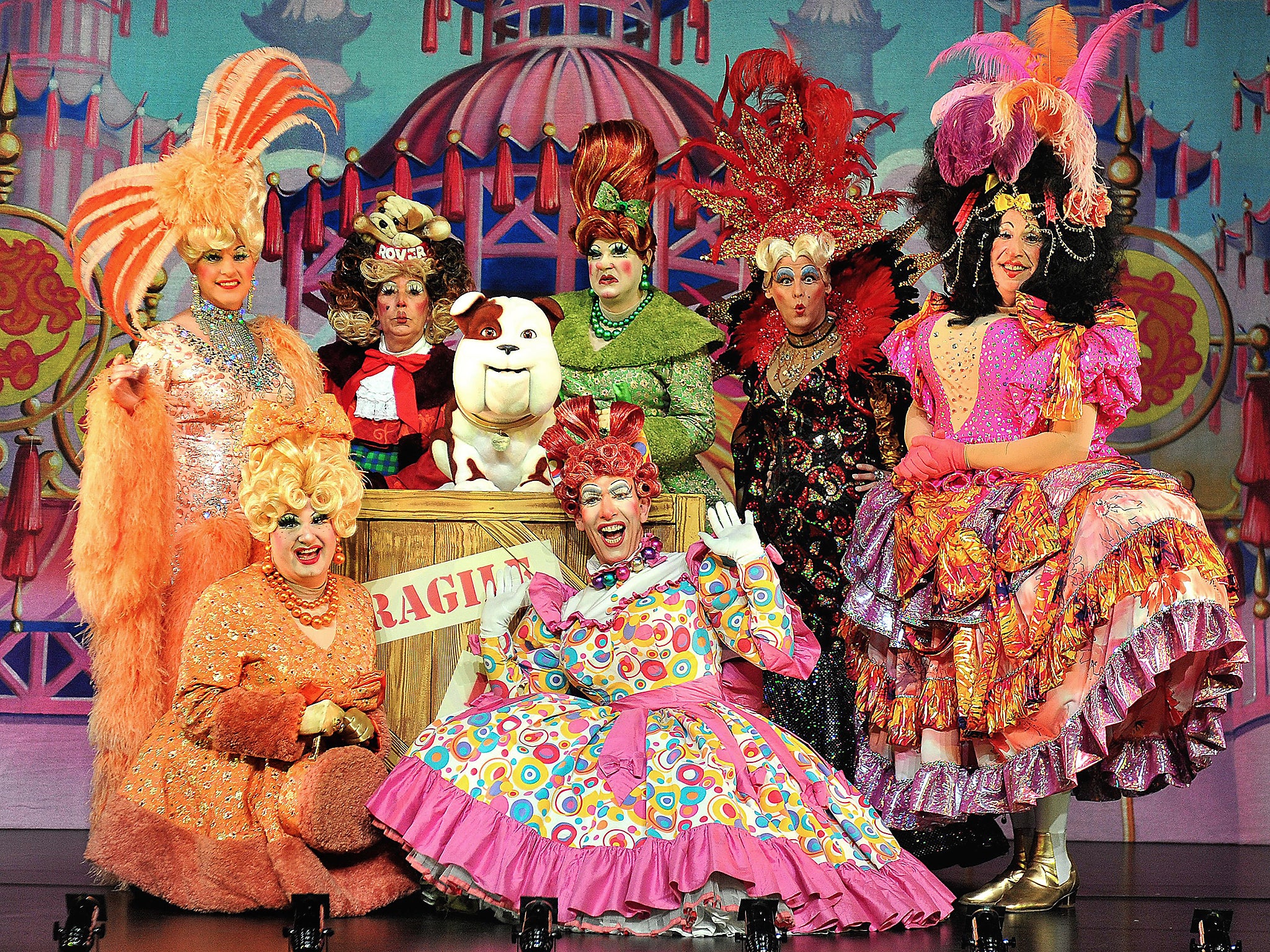I have dwarfism, and no I don't 'do panto' – casting people like me in stereotypical roles is damaging and insulting
I’ve had strangers in the street audaciously announce that I’d ‘make good money doing panto’. A former employer once said to me: ‘You people all end up doing the same thing, now don’t you?’

“Do you do panto?” enquired the lady with dwarfism, waiting at the cold coach station. She asked because I have dwarfism, too. It was her first question. She hadn’t requested my name or destination – just “Do you do panto?”
She asked because she did and was travelling north from London to perform in yet another year of Snow White and the Seven Dwarfs. As she discovered, I do not “do panto”. An awkward conversation began.
She queried why I am against dwarf people performing in Snow White. I told her that I believe panto helps to sustain cultural stereotypes about dwarf people in a world where there are so few depictions of us in everyday roles. We are, scholars have noted, “expected to be cheerful and clowning, or entertainers by profession, since dwarfs in this occupation are the only ones many persons have seen”.
Some – both average height and with dwarfism – will insist that if a dwarf person has consented to playing stereotypical roles that is their individual choice. But these choices impact on how countless average-height people see the rest of us.
How many average-height children will see shows like Snow White and then not see a dwarf person in any other capacity – as parents, teachers, mechanics, students, and so on – for years? What does that do to their perceptions of people like me and my family?
I’ve had strangers in the street audaciously announce that I’d “make good money doing panto” – erasing all that I am and have achieved (including two degrees) and replacing that with their assumption that my inherent value is as a performer. A former employer once said to me: “You people [with dwarfism] all end up doing the same thing, now don’t you?” He meant panto. I was only 18. It was my first job. I felt powerless.
I know of people who have heard passers-by start singing “Heigh-Ho” as they walk through their neighbourhood. Friends with dwarf children have told me of times strangers have said that their beautiful sons and daughters “will always have work” at Christmas because of the pantomime. What does that do to a child with dwarfism who aspires to be, say, a driver, doctor or dentist, but strangers tell them that their only innate worth is onstage as Dopey?
I also think the depictions of dwarfism in Snow White are degrading. Think about it: seven dwarf people who are each so one-dimensional in character they can literally be summed up as a single emotion or state of being (for instance, Bashful). They are infantile, as many representations of us are, and only one of them – out of seven – is intelligent (hence the name “Doc”).
At the coach station, the lady with dwarfism with whom I was speaking said it didn’t matter if dwarf people performed in the pantomime as long as we “had the confidence” to be ourselves.
I’ve heard this before. But it misses the point: stereotypes don’t allow you to be yourself because others define your power and identity for you. Also, to suggest it is a matter of confidence wrongly identifies the problem as one of how we, dwarf people, deal with others’ stereotypes of us and not an issue of how the actual stereotypes originated and are propagated in our popular culture.
There are numerous reasons – some deep-rooted and endemic in our society – as to why many people with dwarfism may lack confidence (encountering strangers who brazenly erase our individuality doesn’t help, I’m sure). To imply that they are at fault for being upset about stereotypes of their body and identity is to engage in victim-blaming.
To her credit, the lady with dwarfism waiting for her bus seemed friendly and content to agree to disagree. She’d had some interesting non-pantomime-related roles, too – in what I would consider to be serious theatrical productions – cast for her skills and not just for her appearance.
But, no. I don’t “do panto”. I never have. I never will.
Join our commenting forum
Join thought-provoking conversations, follow other Independent readers and see their replies
Comments
Bookmark popover
Removed from bookmarks